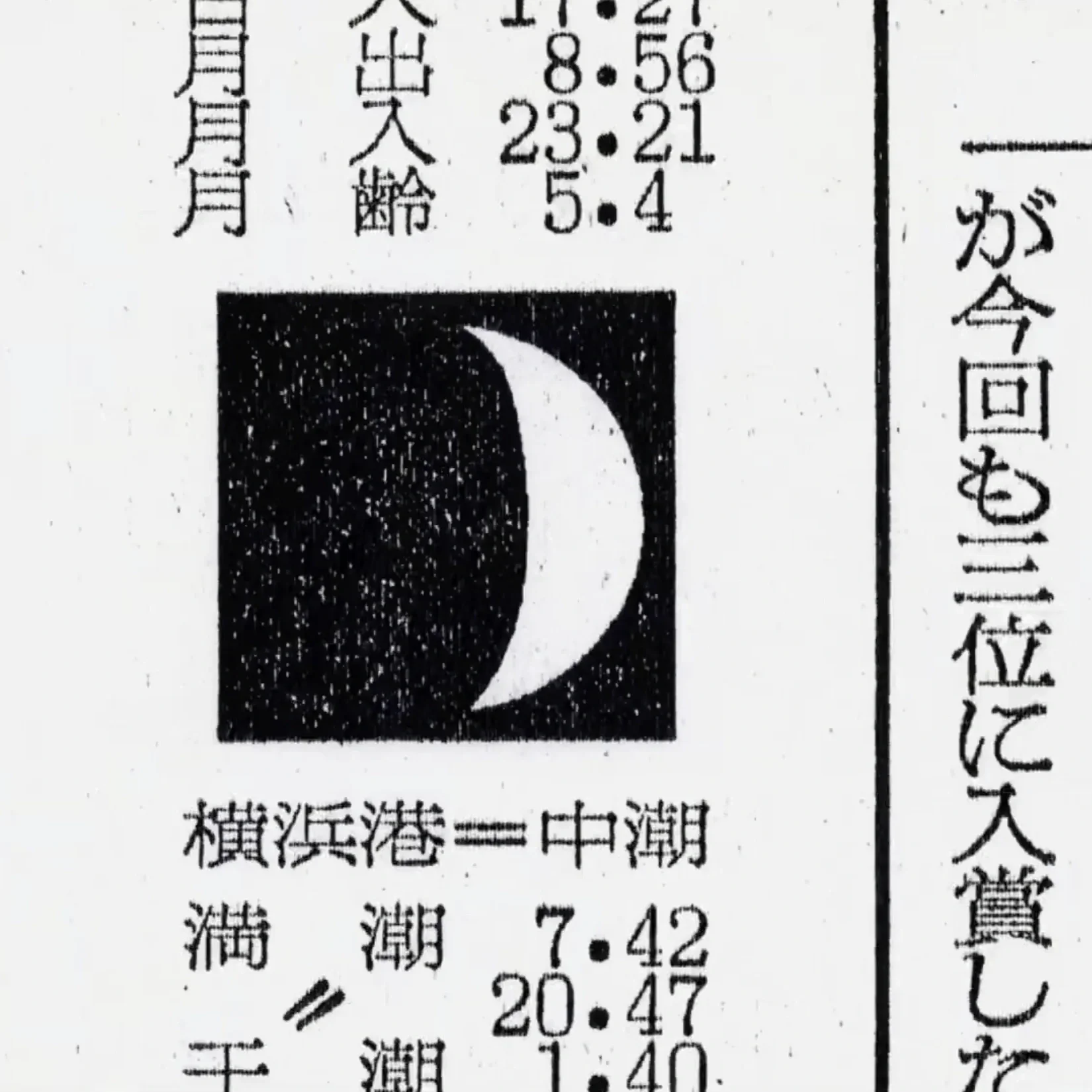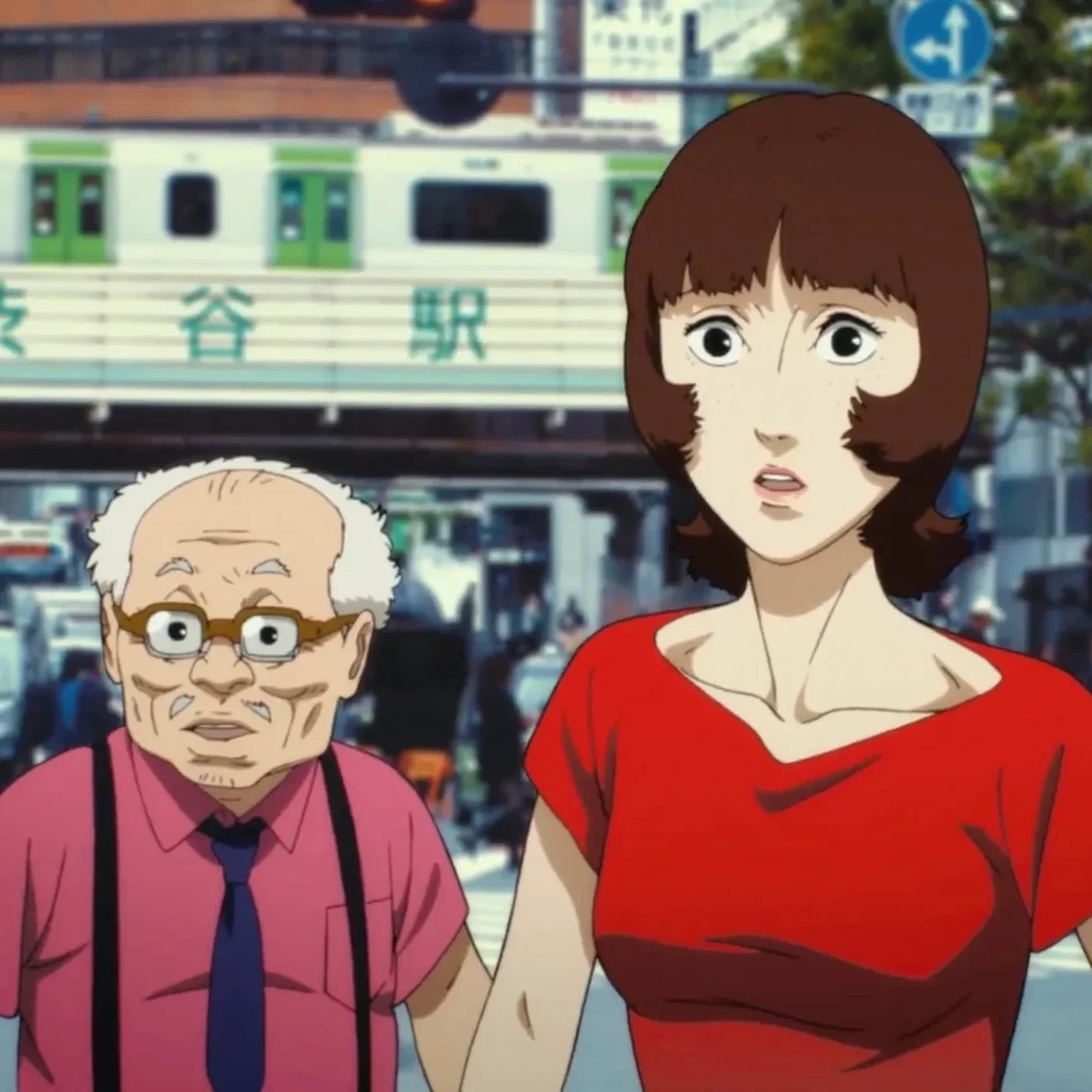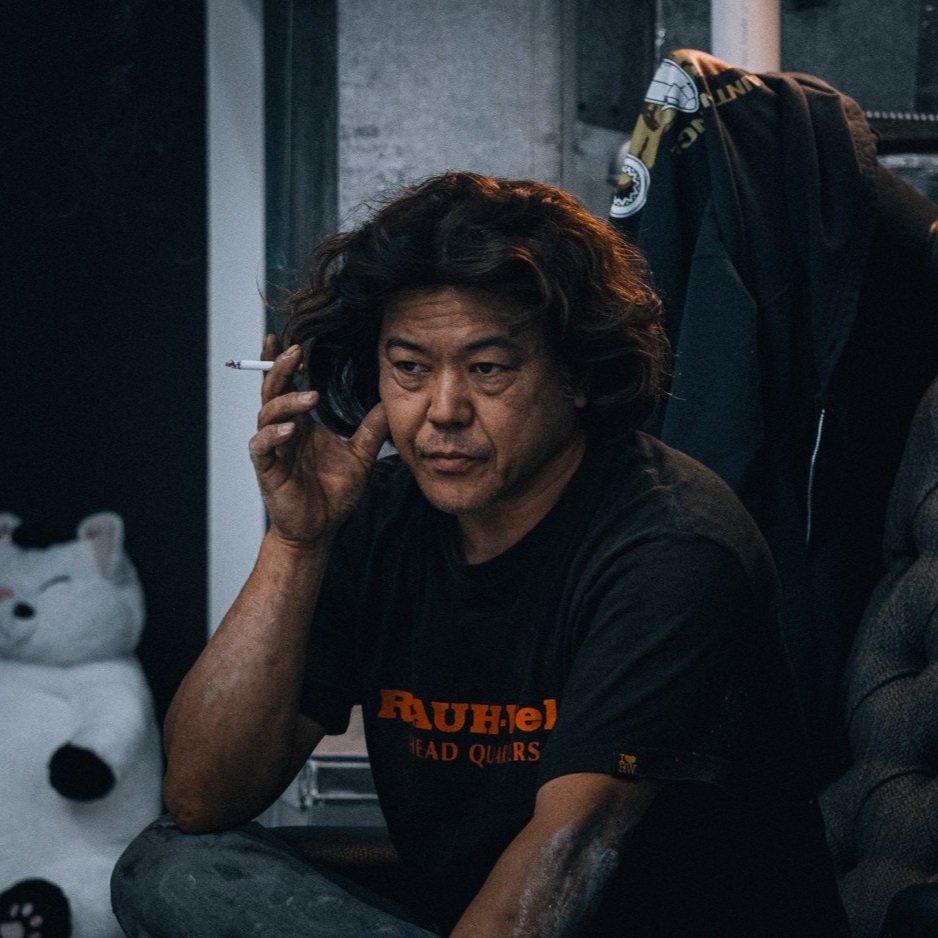The Philosophy of Vagabond
Vagabond│© Kodansha
What does it mean to be “invincible under the sun”? Is it a physical triumph, a state of mind, or something beyond both? These are questions central to Vagabond, Takehiko Inoue’s masterful manga that reimagines the life of Miyamoto Musashi, Japan’s legendary swordsman-philosopher.
At first glance, Vagabond may seem like a story about swordsmanship—a visceral account of warriors clashing steel under the unforgiving sun. But beneath the sweeping ink strokes and tightly drawn tension lies a meditation on life itself, as profound as it is haunting. As the story unfolds across dense forests, blood-soaked battlefields, and moments of quiet introspection, it becomes clear that the answer lies not in definitive conclusions but in a transformative journey—a journey of growth, failure, and self-discovery.
Musashi, initially known as Takezo, is consumed by the desire to be recognized as the strongest. This goal is not merely about skill or reputation; it is a desperate escape from the shadow of his abusive father and his own fears of inadequacy. Strength, for Takezo, is a shield—a way to hide his vulnerabilities and rage. Yet, his early victories are hollow. He moves from one fight to the next, leaving behind bodies but gaining no real understanding of himself or the world around him.
This phase of Musashi’s journey is marked by an obsession with the “leaf”—a singular focus on power. His battles, though impressive, are limited by his perspective. Each victory reinforces his belief in the supremacy of brute force, yet it also distances him from those who care for him and the beauty of the world he inhabits. Takehiko Inoue captures this brilliantly through his art: stark, jagged lines mirror Musashi’s animalistic rage, while quieter panels emphasize the emptiness of his victories.
Vagabond│© Kodansha
Musashi’s transformation begins when he is captured and humbled by Takuan, a Buddhist monk. In their exchanges, Takuan challenges Musashi’s narrow understanding of strength and forces him to confront his inner turmoil. It is here that Musashi begins to shift his gaze—from the leaf to the tree. His initial anger and arrogance give way to moments of introspection. These moments are not grand revelations but small, profound shifts in perspective. Climbing a mountain not for glory but to see if he can, Musashi starts to find strength in challenges that do not involve violence.
This is where Vagabond distinguishes itself as more than a story of combat. While the sword fights are undeniably breathtaking, the manga’s true power lies in its exploration of inner conflict. Musashi’s battles become metaphors for his struggle to reconcile his ambition with his growing understanding of the world’s complexity. Strength, he learns, is not simply about defeating opponents; it is about mastering oneself.
One of the most profound moments in Vagabond takes place during Musashi’s duel with Denshichiro. As the two warriors face each other, Musashi achieves a state of utter calmity, harmony, and composure—a fleeting moment where his mind empties, and his body moves instinctively. What results is a moment that captures the essence of Zen philosophy: to lose oneself in the act, to be present without attachment or ego. The fight ends with Denshichiro’s death, but Musashi’s victory is bittersweet. It is not triumph that he feels but the weight of life and death.
Musashi’s encounters with older, wiser swordsmen further deepen his understanding. Figures like Yagyu and Inshun serve as mirrors, reflecting the futility of Musashi’s early pursuits and the possibility of a different path. In one defining scene, Musashi attempts to kill the sleeping Yagyu, only to be overcome by an inexplicable sense of kindness. This moment marks a turning point; Musashi begins to see strength not as the ability to dominate but as the capacity to show restraint and compassion.
Vagabond│© Kodansha
The farming arc is perhaps the most controversial yet profound section of Vagabond. Here, Musashi trades his sword for a plow, helping a village cultivate crops. On the surface, it seems like a detour from the story’s central themes, but it is, in fact, a culmination of Musashi’s growth. By engaging in the act of creation rather than destruction, he begins to understand the value of life. Kindness, he realizes, is a form of strength—a realization that transforms him as a person and as a swordsman.
Throughout the manga, Inoue weaves in Zen philosophy, often through moments of quiet reflection. Musashi’s journey is not about finding answers but about embracing the questions themselves. This is evident in the recurring motif of water, which symbolizes the coexistence of fate and free will. Like a stream, life flows according to external forces, but within that flow, there is room for agency. Musashi learns to navigate this paradox, finding freedom in acceptance.
By the end of the story, Musashi is a changed man. His battles are no longer fueled by anger or the need for validation but by a profound respect for life. When he draws his sword, it is with purpose and clarity, not recklessness. His early desire to be “invincible under the sun” has transformed into a quest for harmony—with himself, with others, and with the world.
Vagabond is a story that defies easy categorization. It is at once an epic tale of swords and an intimate exploration of the human spirit. Through Musashi’s journey, Inoue invites you to reflect on your own paths, to question your motivations, and to find meaning in the act of striving. The philosophy of Vagabond is not about arriving at a destination but about the journey itself—messy, imperfect, and endlessly revealing.
Vagabond│© Kodansha
The final evolution of Musashi’s philosophy is one of surprising simplicity, a state where strength is not measured by what one can destroy but by what one can protect and nurture. This shift is most evident in his relationship with Iori, a young boy Musashi takes under his wing during the farming arc. Through his mentorship, Musashi embodies a different kind of strength—the kind that doesn’t seek validation through violence but instead fosters growth and resilience in others. His guidance is not rooted in rigid lessons but in example, showing Iori how to adapt to challenges, work with nature, and persevere.
This theme of imperfection—of embracing the unpredictable and finding beauty within it—is mirrored in Takehiko Inoue’s artwork. The brushstrokes, deliberately unpolished and alive with texture, feel less like static images and more like moments caught in motion. Inoue, like Musashi, finds freedom in letting go of control, allowing the ink to flow and settle as it will. It’s an art form that breathes, that seems to pulse with the very philosophy of the story: life isn’t about perfection; it’s about presence.
And within Vagabond, this philosophy of presence takes the form of oneness—a seamless merging with the sword, the opponent, and ultimately, the universe. Inoue doesn’t present this idea through preachy monologues or didactic lessons but through quiet, almost sacred moments. The rhythm of a plow breaking the soil, the eerie stillness of a forest before a duel, the weight of Musashi’s breathing as he prepares to strike—all of these moments feel like invitations to pause, to feel, to exist entirely in the now. These are the spaces where the story breathes, where its truths ripple out like waves on water.
But Musashi’s path is not a clean arc from ignorance to enlightenment. It’s messy, fragmented, haunted by the echoes of his past. His memories—of a father who wielded strength like a weapon, of lives taken in anger, of the boy he used to be—hang over him like a storm cloud. Guilt, failure, and doubt claw at him constantly. And yet, Vagabond reminds us that these scars are not weights to bear but markers of the journey. Each mistake, each loss, each moment of despair becomes a thread in the tapestry of Musashi’s growth.
Vagabond│© Kodansha
This idea—that growth comes from embracing pain rather than running from it—is central to the story. It’s in the way Musashi begins to see his failures not as defeats but as moments of reckoning. In his clashes with men like Inshun and Seijuro, we watch him stumble, fall, and rise again—not because he’s stronger, but because he’s wiser. He learns to let go of the ego that once defined him, to stop clinging to the idea of invincibility and instead find strength in vulnerability.
And then there’s death, an ever-present shadow in Vagabond. It’s not just the consequence of battle but a force that shapes every choice, every action. Musashi’s gradual acceptance of mortality is one of the manga’s most impactful arcs. There’s a scene where he stands before the skeleton of a long-dead samurai in the cave he once called home. It’s a moment of clarity, where Musashi comes face to face with the inevitability of death and, paradoxically, finds life within it. To live, he realizes, is not to defy death but to carry its weight with grace.
This understanding of life and death threads into his relationship with Kojiro, his fated rival. Where Musashi’s path is tangled and turbulent, Kojiro represents an unclouded purity—a strength untouched by fear or doubt. Their final encounter is less a clash of blades and more a merging of philosophies, a moment where two lives, shaped by different currents, converge in quiet understanding. It’s not about who wins or loses; it’s about the shared humanity beneath the fight.
By the time Musashi walks away from his last duel, he carries no trophies, no glory—only the weightlessness of understanding. The brash, reckless boy who sought to conquer the world is gone, replaced by a man who sees strength not in domination but in harmony. His journey isn’t over—it never is—but he moves forward with the kind of calm that can only come from accepting life as it is: imperfect, chaotic, and deeply, achingly beautiful.
Vagabond│© Kodansha
Vagabond isn’t a story you finish and set aside. It lingers. It resonates in the quiet moments of your own life, in the spaces where questions outnumber answers. What does strength mean to you? What are you chasing? Why? The story doesn’t dictate what to think or feel; it trusts you to fill in the blanks, to find your own meaning amid the silences.
And maybe that’s the point. Strength, as Musashi learns, isn’t something you take from the world—it’s something you find within yourself, something you build in connection with others. To be invincible under the sun isn’t to stand above life but to live fully within it, to move with its currents, to see not just the leaf or the tree but the vast, endless forest. That is the gift of Vagabond. It doesn’t just tell a story; it invites you to live it.













A brutal game of survival challenges characters’ morals and beliefs.